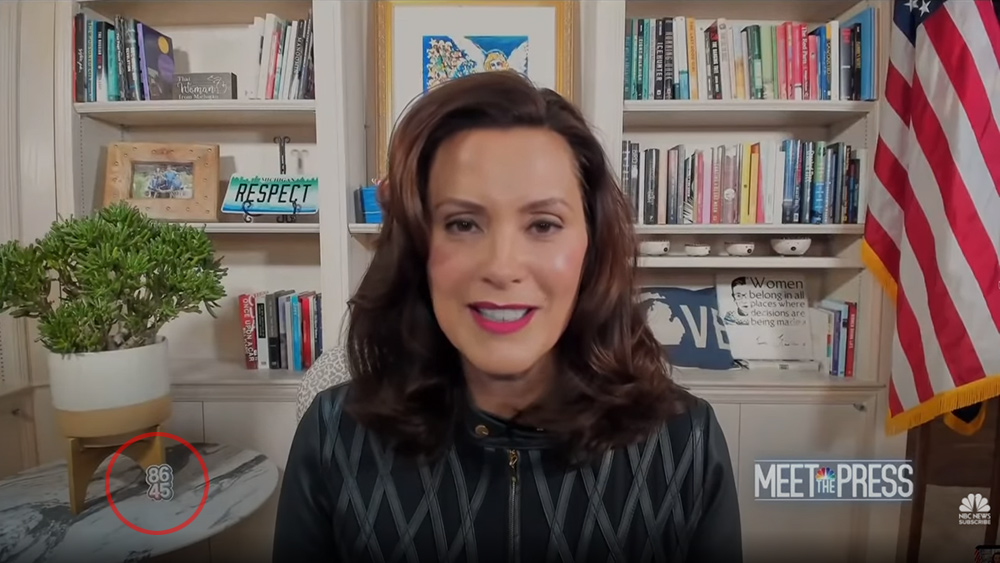
The details surrounding the kidnapping plot against Michigan Governor Gretchen Whitmer have always been questionable, and it is looking more and more like the whole mess may have been nothing more than an elaborate entrapment scheme involving the FBI ahead of the 2020 presidential election to make Trump supporters seem dangerous.
Now, even the courts are asking some tough questions about a judge’s decision to prevent a jury in the case from seeing hundreds of potentially incriminating communications that took place between FBI informants, handlers and officials that shed light on what really happened.
Reports indicate that the informants the government relied on to build its case against the men who have been convicted in the plot were active instigators in what Revolver characterizes as “an entrapment operation of the most flagrant sort imaginable.”
First, the “explosives expert” from whom those who allegedly plotted the scheme intended to purchase bombs from turned out to be an FBI agent. While that’s not too unusual on its own, the head of transportation with the militia outfit involved also ended up being an undercover FBI agent, while its head of security was an undercover informant for the FBI.
Moreover, when a group of five men drove to Gov. Whitmer’s vacation home to inspect a bridge there, three out of the five people in the van were actually federal informants and agents. One of them organized the meetings where the plot was supposedly hatched, paying for everyone’s hotel rooms. The FBI went to great lengths to cover up his identity, but after he blew his cover in a livestream, Steve Robeson was hit with gun charges and accusations of being a double agent.
Leaked audio recordings of an FBI interrogation show that FBI agents threatened Robeson and directed him to lie and withhold information so the defense couldn’t build an entrapment case. Somehow, these recordings were not permitted to be entered as evidence in the trials against the defendants.
There was also other evidence that was never seen by the jury in these cases, but now it looks like this could be about to change in the appeal case of Barry Croft and Adam Fox, who received long sentences in a second federal trial in the case after the first one ended in a hung jury.
In both of the federal trials, Judge Robert J. Jonker had labeled a significant portion of the evidence that the defendants wanted to admit as “inadmissible hearsay.”
Appeals court inquiring about excluded "hearsay" evidence
Now, however, the 6th Circuit has just issued a letter in the appeal case indicating that it is interested in hearing arguments that the statements that were previously excluded as hearsay should have actually been admitted, which means there might even be a retrial for the two defendants in question.
The letter asks them to tell the court if excluding those statements was “harmful or harmless and why” and asks for details about what was excluded and admitted and how it impacted the case.
Julie Kelly of Real Clear Investigations noted on X: “If appellate court orders a 3rd trial and requires judge to allow hundreds of messages btw FBI agents and informants that demonstrated how the FBI directed every step of the plot, it will be devastating to FBI.
Especially since head of FBI Detroit office — Steven D’Antuono — also ran DC FBI office on Jan 6 and led J6 investigation for 2 years.”
Sources for this article include:
Please contact us for more information.













